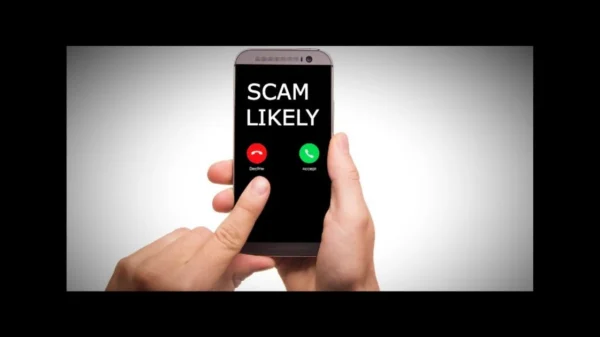With Florida currently in a home-buying frenzy, on Tuesday, state Attorney General Ashley Moody encouraged Floridians to be vigilant against real estate scams.
“Buying a house is widely considered a major component of the American Dream; however, it can quickly turn into a nightmare for consumers who fall for nefarious plots and lose hard-earned dollars. By guarding against fraud, consumers can safely navigate the process,” Moody’s office noted.
“Buying a home is often the largest and most important purchase a person makes. So, it’s important to ensure scammers don’t take advantage of the situation to turn a dream purchase into a financial nightmare. I encourage all Floridians looking to buy a home to be on guard against scammers trying to exploit Florida’s hot real estate market,” Moody said on Tuesday.
Common real estate scams include escrow wire fraud, rental scams, loan-flipping scams and foreclosure relief scams.
ESCROW WIRE FRAUD: Escrow wire fraud is where scammers pose as representatives from a title or escrow company to contact a new homebuyer with instructions for escrow money transfer. If the consumer follows the instructions of the scammers, and wires in the escrow money, the scammers can withdraw that money and disappear. To avoid falling into this trap, consumers should always check the original documents received from the lender directly and call the phone numbers listed on the document to confirm the validity of the wiring instructions. Double-check the validity of any message received that requests a change to the instructions already received, and always confirm the escrow account number with the bank or lender before wiring any money.
RENTAL SCAMS: Rental scams occur when scammers post fake rental ads on Craigslist or other sites using fake photos or photos from other, legitimate listings. Then, the scammers will ask for either an upfront payment in cash to view the property or hold the cash as a deposit. To avoid falling victim to this type of scam, consumers should be suspicious of anyone who asks for a cash deposit to see a property, and ensure the person is the real property owner before negotiating rental terms.
LOAN-FLIPPING SCAMS: Loan-flipping scams occur when a predatory lender persuades a homeowner to refinance their mortgage repeatedly, often borrowing more money each time. The fraudster will charge high fees with each transaction, and eventually the homeowner gets stuck with higher loan payments that are unaffordable. To avoid this scam, be wary of solicitations from lenders that were not contacted by the homeowner first, and work only with known banks or lenders.
FORECLOSURE RELIEF SCAMS: Foreclosure relief scams involve scammers duping homeowners in pre-foreclosure with promises to save the owner’s home if the owner pays a large fee. Afterwards, the homeowners are often in worse financial shape and the house is still foreclosed. To avoid this scam, consumers in this situation should work directly with their loan servicer to modify the existing loan, request forbearance or make another arrangement.
Last month, Moody issued a Consumer Alert warning Floridians about moving scams.
- To avoid common moving scams, consumers should:
- Never sign any blank or incomplete documents or contracts;
- Obtain moving estimates and quotes from the company in writing and make sure the estimates are binding;
- Determine whether the movers will perform the move alone or if the company will be subcontracting with another carrier; and
- Beware if movers show up in rental trucks without uniformed personnel.




















